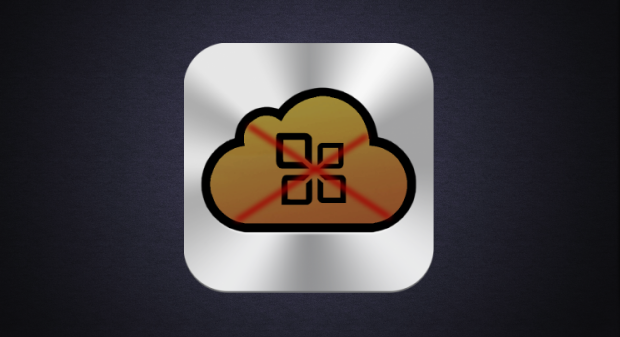iCloud vs. Exchange, Gmail: Pick your choice wisely

Now that Apple's next-generation email and cloud service is out of the door, many existing MobileMe customers will simply move over to iCloud without a fuss, and with no hassle.
In between the Gmail and Hotmail student population, there is a neglected MobileMe market.
While probably in the single figures in terms of marketshare percentage, many students with Macs or iPhones -- and there are a lot of them -- MobileMe is nevertheless a viable and solid supplement to the external college or university email address many students have.
However, many enterprise customers -- a subject rarely approached in my own writings -- will discover that their corporate email does not play fair with iCloud. As hard as it may seem to face up to, amid the glitz and the worldwide excitement of the cloud-based product, iCloud email, contact and calendar synchronisation is only truly designed for those with a @me.com email address.

But as MobileMe transforms into the iCloud service, many existing users will be unaffected. Others, such as the vast number of those who bought a new Mac product shortly after the summer refresh of products, will have had to make do elsewhere, as new MobileMe accounts were suspended until iCloud opened its doors.
In short, it's one or the other. There is an excellent post on the topic by Danny Sullivan, for which I invite you to read. You really do have to pick one or the other, or face a nightmare of synchronisation issues or conflicts that rarely resolve.
But iCloud is more than data sharing. It's music, photo and content sharing, too. Where does it leave users? Ultimately, it leaves them choosing. And, unfortunate as it is, I cannot make that decision for you.
If you are lucky enough to have gotten out of the iTunes bed on the right side, and understand the nuances in its vast array of options, synchronisation capabilities and other features, then iCloud serves as a fantastic music product.
It takes a while to get there, but combined with iTunes Match and 'iTunes in the Cloud', you can reach music nirvana.
iCloud goes beyond 'simply email'; it has options, and those options can be tweaked to synchronise only photo or document content, photos and bookmarks. Just because you have the option to tick everything, does not mean you actually have to enable every feature of iCloud to get the most out of it.
Ultimately I suspect it falls down to the devices you have, and who you would rather keep your data with.
If you have an iPhone running the latest iOS 5 operating system, it makes sense to enable iCloud for your personal email account, provided you backup your content first -- simply to be on the safe side.
Apple makes the ecosystem experience seamless, while for those running Android or BlackBerry phones, not everything will synchronise. If you have a multiple of any Apple product -- whether it is a combination of two or more Macs, or a Mac and an iPhone -- connecting the two to iCloud seems and proves in most cases logical.
However, porting email and content from one provider to Apple, like Gmail email and calendar data, can prove risky, particularly if you have something to hide.
Apple has little to no public history of publicly and transparently stating the number of occasions users' data has been accessed by U.S. authorities, or other government law enforcement agencies around the world. Unlike Google, which has an open transparency report each year, disclosing how many requests were made and for what reason, Apple does not, and neither does Microsoft.
On the other hand, Apple has signed up to a campaign against warrantless data inspections by the U.S. government. One of the key elements to the Digital Due Process campaign asks that the government should "obtain a search warrant based on probable cause before it can compel a service provider to disclose a user's private communications or documents stored online".
This step by Apple affirms the company's commitment to data security, but still does not negate the fact that the company is nevertheless. Facebook is on the list, along with Microsoft -- both companies for which have handed over data without informing the customer of the fact, and if anything make it easier for law enforcement to do so with in-built 'legal request' forms.
iCloud is not for everybody, nor should it be. Though tempting to synchronise everything, others have struggled with the switch, fraught with synchronisation problems and conflicts that delete everything from the servers.
What is clear, however, that as another cloud computing service, one should be aware of the limitations of their devices, and how Apple versus the outsourced cloud company that handles your data, hands over that data to the authorities when requested.
Related:
- Next-gen iPhone: It's nothing without iOS, iCloud
- Gallery: iOS 5 hands on: How iCloud works with the iPhone
- Gallery: iCloud hands on: Bringing your iPhone to the web
- It's the great iPhone 5 launch, Charlie Brown!
- Between the Lines: How iCloud could beat other cloud-based music services
- Apple's iPhone 5 key, but iCloud more strategic